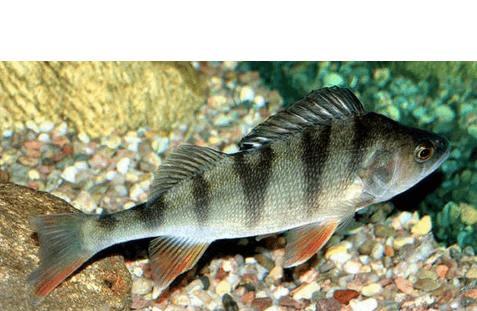Anxiolytics, a medication that inhibits anxiety, is meant for humans, but it can reduce the mortality of fish, in this case the Eurasian perch, according to a Swedish study.
Researchers at Umeå University in northern Sweden have published a study in Environmental Research Letters, a scientific journal, pointing out errors in today’s tests which might lead to ecological effects of pharmaceutical drugs going undiscovered.
“There is a concern that the residue from pharmaceutical drugs in our wastewater could have a negative effect on organisms and ecosystems,” said Dr. Jonatan Klaminder at Umeå University, lead author of the study. “We are examining how pharmaceutical drugs might generate behavioral changes. While studying behavioral effects of Oxazepam, we discovered that the drug had positive effects for [the Eurasian Perch].”
Studies are generally focused on how toxic some drugs are to aquatic environments and organisms, but this study shows that pharmacological effects should also be taken into account. If studies focus exclusively on harmful effects, positive effects might be overlooked. These positive effects might lead to certain species getting advantages at the expense of others.
“We have found that pharmaceutical drugs can have ecological effects that are not necessarily toxic, and in order to understand the environmental impact, we need to take their therapeutic effects into account,” Dr. Klaminder said.
The scientists chose to study the Eurasian perch by introducing it to an anxiolytic drug. The result in short was that perches exposed to the drug, had a lower mortality than the control perches in uncontaminated water. They became more active, less social, and more efficient when it came to finding food.
“You might consider it a positive effect if an organism has a higher survival rate, albeit not a longer lifespan, when exposed to a substance,” Dr. Klaminder said. “But we need to remember that this was in a controlled laboratory environment. In a natural system, the same effect may well affect the perch and/or other organisms in their environment negatively, as it upsets the balance in the ecosystem.”
The Eurasian perch is probably not the only affected species, as pharmaceutical drugs work on receptors which apply to most vertebrates. But, Dr. Klaminder added, this has not been researched yet.




